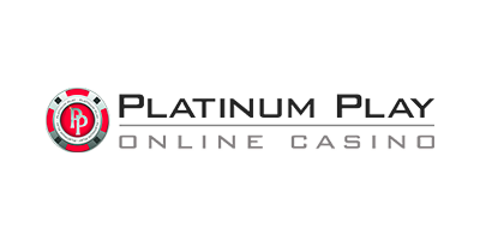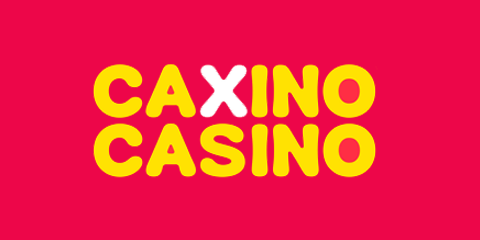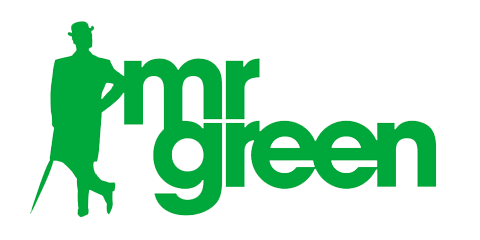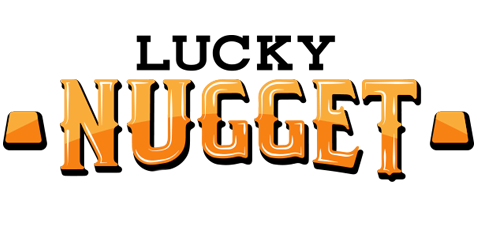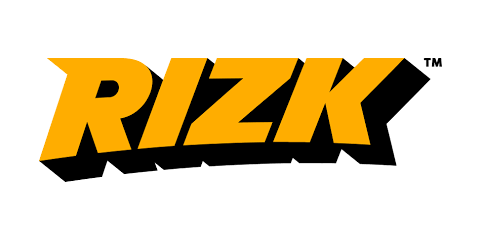Javier Mancebo: "In clubs like Madrid or Barcelona, advertising revenues can reach 40% of the turnover"
- First of all, let's talk a little about yourself. Who is Javier Mancebo? What is the reason for your special interest in sports marketing and sponsorship?
- I am a statistician by profession, not by vocation (my vocation was history). I started working in the research world as soon as I finished my studies, at what was then AC Nielsen. After three years, the opportunity arose to change to a media agency, Media Planning (currently Havas Media) where I started taking my first steps in media research.
My move into the world of sports, in 1999, really was a bit of a rebound. At that time there was no such thing as sports marketing as we know it today. Only the football League and the ACB League had structured sponsorship packages whose main attraction was the possibility of broadcasting advertising spots in the environment of the matches. Since it was necessary to somehow justify to brands that these sponsorships were more profitable than buying outside the conventional advertising package, we began to develop models that would allow sponsors to determine the profitability of these actions.
With the passage of these competitions to paid environments (at that time it was on Canal +) and the consequent decrease in audiences, it was necessary to look for new formulas to include other assets within these valuations that were not normally considered, (such as fences in the fields, hospitality, etc.) in order to continue demonstrating the profitability of these actions.
From there, and given my connection with the world of media research, we began to develop models for the valuation of ROI more and more complete to be able to include other expanding channels such as digital environments, social networks, etc.
This has resulted in a new approach to measurements towards another type of models, where what prevails is not so much the measurement of visibility and ROI, but measure the level of fulfillment of those marketing objectives, which is what is called the ROO or return on objectives . My training and background in research is what has allowed me to bring another point of view to this type of studies.
- Tell us a little about STROCK Consulting. What exactly are you doing? Have you worked with bookmakers? And football teams?
- STROCK is a 360o sports marketing agency . This means that we provide all the services that revolve around the life cycle of any sponsorship: we help brands select the type of property that best helps them meet their marketing objectives, we help them in the negotiation with the properties, we propose and carry out actions to activate those sponsorships, and finally, we measure the results of the action, both from an ROI and ROO point of view. We work for both brands and properties (clubs, competitions, federations, etc.).
At the moment we have not worked for any bookmaker, although we have worked for brands such as Lexus, MGS Seguros, Mutua Madrileña, Mutuactivos, Baxi, Toyota, Iberdrola, etc.
In the case of football teams, in New Zealand we have been working for 3 seasons with RC Celta de Vigo . At the international level we collaborate closely with the National Club of Montevideo.
- In recent years there has been a notable boom in bookmaker sponsorships in the sports field, what do you think is due to?
- In addition to the benefits that sponsorship can have for any brand, in the specific case of betting houses there are, from my point of view, three factors that make it even more attractive.
-
The first is a no-brainer, due to the affinity of content and targets. Bets are placed on the results of sporting events and the vast majority of people who place bets are consumers of sports content.
-
Due to the need to generate brand awareness and/or differentiate from the competition. There are many bookmakers, with very similar names that are also in English. Sponsoring a competition or a team allows them to establish a certain bond with the fans, if only because the name sounds familiar to them.
-
Bookmakers, as with tobacco or alcoholic beverages, have certain limitations when it comes to advertising. One such restriction is the impossibility of broadcasting advertising beyond a certain time slot. The fact of being able to have an advertising presence in the backgrounds of the press rooms, the billboards of the stadiums, or the jerseys of the teams allows them, in some way, to bypass that restriction and have visibility beyond that strip. It will be necessary to see with the new royal decree how everything finally turns out.
- How has sports marketing evolved in recent years? How important are sponsors to an elite football team right now?
- In recent years the evolution of sports marketing has shifted towards the generation of engagement with fans through digital content and the empowerment of social networks . This has not only been a trend but a necessity: with the transition of the vast majority of sports to payment platforms, clubs must exploit all these new digital channels to maintain contact with their fans.
Obviously sponsors are a very important part for football clubs, although, depending on the club entity, their weight within the turnover varies greatly.
In other more modest clubs, that weight can be around 10-15% . This is due to the greater weight that other items such as competition revenues and, especially, retransmission revenues (TV rights) have in these cases.
However, the trend in the market is to advance, from a simple advertising relationship, to a much closer and lasting one, in such a way that brands go from sponsors to partners or partners . In this case the brands become suppliers of products or services for the clubs. This is beneficial for both parties: on the one hand, the clubs ensure a medium/long-term relationship and probably a reduction in some cost items, and for brands, it means improving their turnover and the possibility of reaching fans much more directly and naturally.
